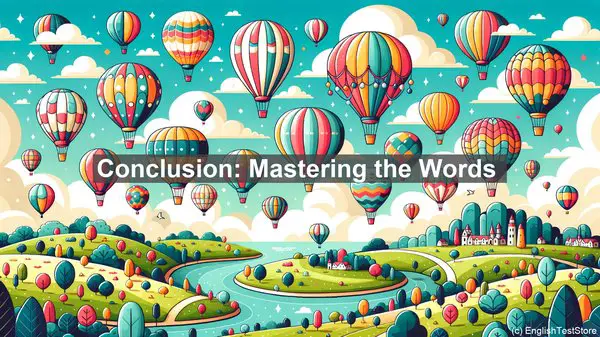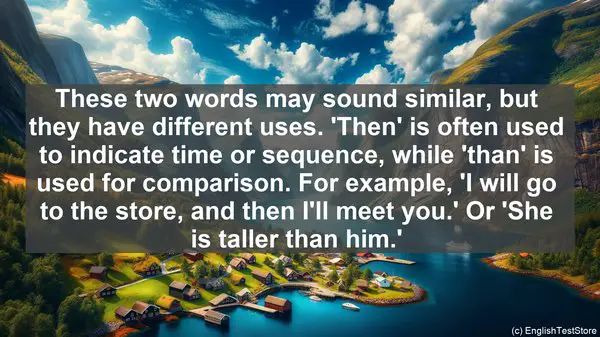Introduction: The Power of Words
As writers, we understand the importance of choosing the right words. They have the power to convey our thoughts, evoke emotions, and persuade readers. However, there are certain words that can be confusing, even for experienced writers. Today, we’ll dive into the top 10 words that often cause confusion in rhetoric and composition.
1. Affect vs. Effect
Let’s start with one of the most common pairs: ‘affect’ and ‘effect.’ ‘Affect’ is usually a verb, meaning to influence or produce a change. On the other hand, ‘effect’ is typically a noun, referring to the result or consequence. Remember, ‘affect’ is an action, while ‘effect’ is the outcome.
2. Their vs. There vs. They’re
These three words sound the same, but have different meanings. ‘Their’ indicates possession, as in ‘their book.’ ‘There’ refers to a place, like ‘over there.’ And ‘they’re’ is a contraction of ‘they are.’ So, next time you’re writing, make sure you choose the right one based on its meaning in the sentence.

3. Your vs. You’re
Similar to the previous example, ‘your’ shows possession, while ‘you’re’ is a contraction of ‘you are.’ Mixing them up can lead to confusion. So, double-check to ensure you’re using the correct form in your writing.
4. Its vs. It’s
Here’s another pair that often trips up writers. ‘Its’ is the possessive form of ‘it,’ while ‘it’s’ is a contraction of ‘it is.’ Remember, if you can replace the word with ‘it is,’ then ‘it’s’ is the correct choice.
5. Then vs. Than
These two words may sound similar, but they have different uses. ‘Then’ is often used to indicate time or sequence, while ‘than’ is used for comparison. For example, ‘I will go to the store, and then I’ll meet you.’ Or ‘She is taller than him.’
6. Complement vs. Compliment
These words are often confused due to their similar spelling. ‘Complement’ refers to something that completes or enhances, while ‘compliment’ is an expression of praise. So, you might say, ‘The red wine complements the steak,’ or ‘She received a compliment on her presentation.’
7. Principal vs. Principle
While these words are pronounced the same, their meanings are different. ‘Principal’ can refer to the head of a school or an important person, while ‘principle’ refers to a fundamental truth or belief. So, you might have a ‘principal’ who enforces ‘principles’ in a school.

8. Stationary vs. Stationery
This is a classic example of a spelling mix-up. ‘Stationary’ means not moving, while ‘stationery’ refers to writing materials. So, if you’re talking about pens, papers, or envelopes, it’s ‘stationery,’ not ‘stationary.’
9. Capital vs. Capitol
These words are often confused, especially in the context of government. ‘Capital’ refers to a city where a government’s central offices are located or to financial resources. On the other hand, ‘capitol’ refers to a building where legislative activities take place. For example, Washington, D.C., is the ‘capital’ of the United States, and the ‘Capitol’ building is where Congress meets.
10. Allusion vs. Illusion
Our final pair today: ‘allusion’ and ‘illusion.’ ‘Allusion’ is a reference to something, often in a literary work, while ‘illusion’ is something that deceives or misleads. So, you might say, ‘The author made an allusion to Shakespeare’s play,’ or ‘The magician created an illusion of disappearing.’
